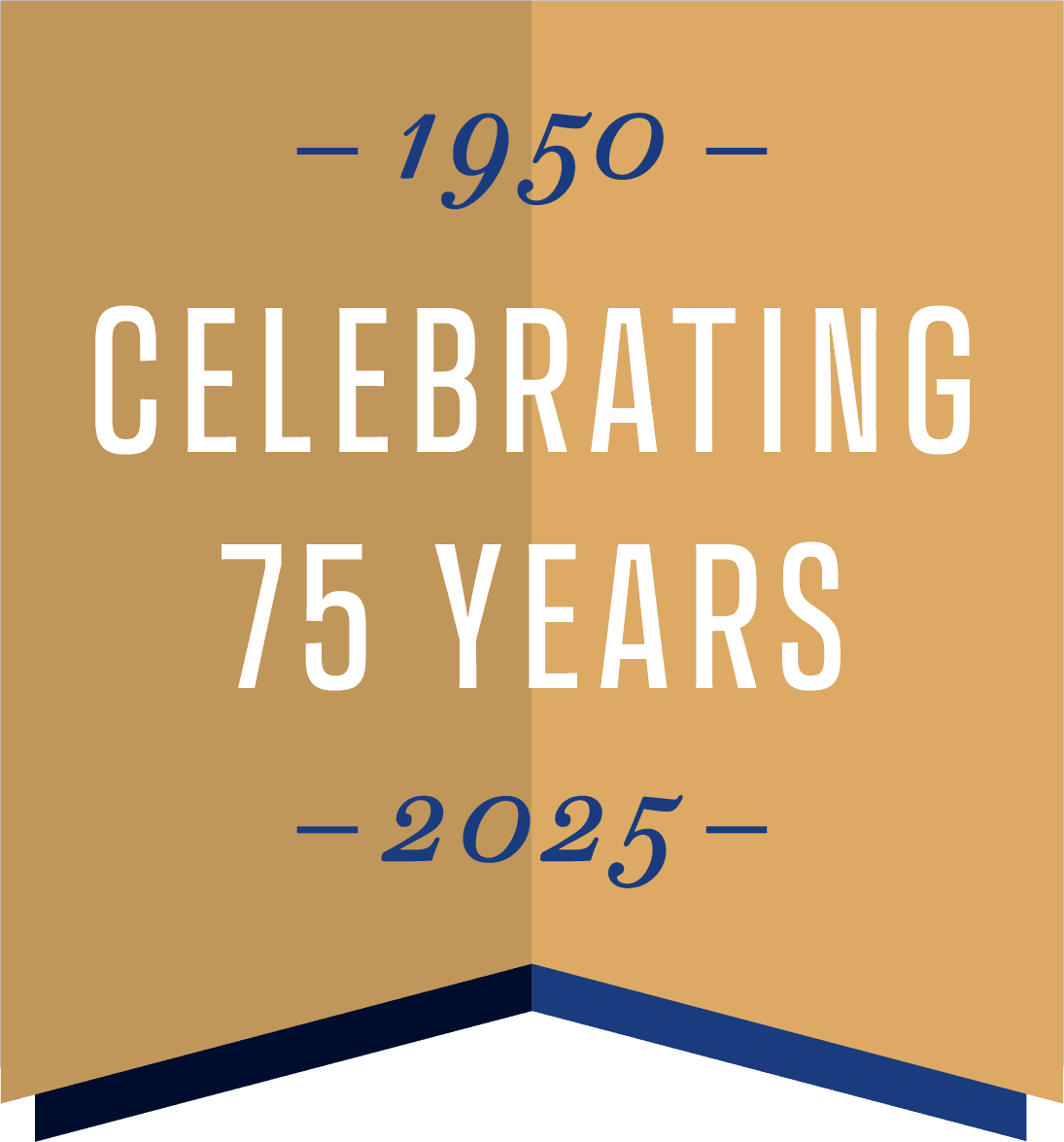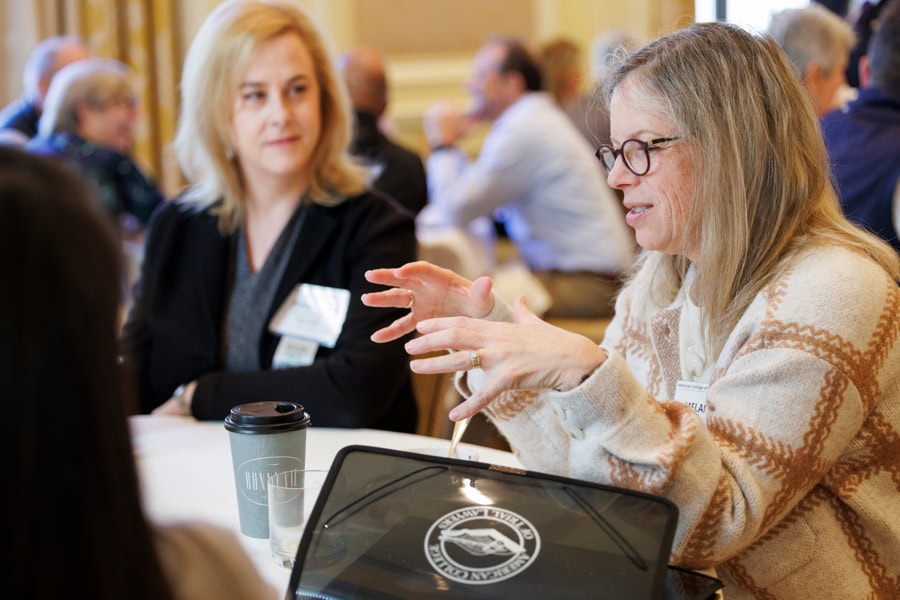Committee Resources, Committee Toolkit
Support for Public Service Fellows
This content is restricted to Fellows of the College. If you are…
Committee Resources, Committee Toolkit
State and Province Awards Policy
This content is restricted to Fellows of the College. If you are…
Committee Resources, Committee Toolkit
Strategic Plan
This content is restricted to Fellows of the College. If you are…
Committee Resources, Committee Toolkit
Partnership Proposal
This content is restricted to Fellows of the College. If you are…
White Paper
Threats to Impeach Judges for Judicial Decisions Undermine the Rule of Law
Throughout its history, the American College of Trial Lawyers (“ACTL”) has stressed…
Committee Resources, Committee Toolkit
Guidelines for Public Statements
This content is restricted to Fellows of the College. If you are…
Practice Aid, White Paper
Protective Orders Governing Discovery in Federal Criminal Cases Should Be Reserved for Appropriate Cases and Tailored to Minimize the Burden on a Defendant’s Constitutional Right to an Effective Defense
Protective orders governing discovery in criminal cases serve valuable purposes. By limiting…
Foundation Impact Report
The Impact Report of the Foundation describes the worthy programs supported by…

